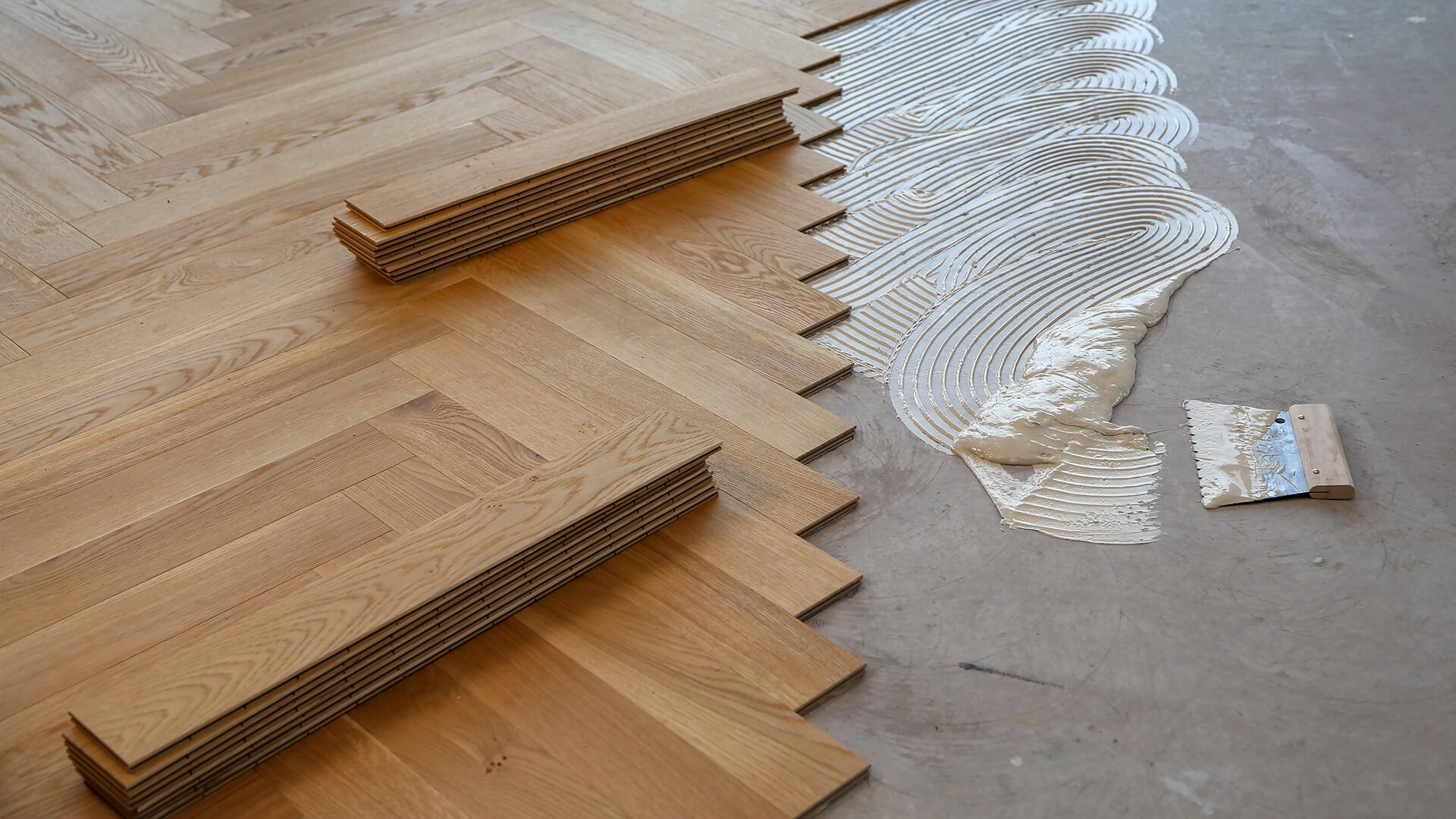
How to Create a Home Renovation Budget
Do you have plans to remodel your home? There are many steps involved when you take on a renovation. That said, you should always start with your budget. This way, you can make changes you love while you make smart financial decisions. That’s a must for any project.
Take a look at how to create a home renovation budget.
1. Identify Different Goals
Why have you decided to renovate your house? You may want to add new counters to your kitchen or gut your entire first-floor bathroom. In any case, it’s essential to narrow your focus so that you don’t become too haphazard with your choices.
Be sure to write down your goals. If you want to remodel your basement, you can state that you want to add different floors, install a bar and switch light fixtures. These distinctions will ensure you aren’t roped into any expensive additions.
2. Research Estimated Costs
Then, you can research how much your intended changes will cost. Take an afternoon to look into estimations for your renovations. A quick web search can help you find potential prices. Feel free to contact local contractors to see how much you’ll need to set aside for labor, too.
You can find alternatives to materials that may be too expensive, as well. If you think new windows aren’t possible, you can seek other effective methods to increase your room’s natural light. There’s usually an alternative for whatever change you want to make.
There are many DIY budget options you can consider costs to keep prices down. For instance, you can always refurbish cabinets and drawers on your own. This process will save you money — and you can learn a handy lesson.
3. Determine Resale Value
It’s also smart to consider your project’s return on investment (ROI). Will your renovation provide enough resale value to make sense financially? You may want to skip that massive shower unless it’s a must-have for your family. Otherwise, you’ll waste money on a feature homebuyers don’t like.
That doesn’t mean you can’t add particular features. It’s up to you whether your plans make sense for your budget. Try to look into these figures beforehand so that you can model your plans correctly.
4. Consider Potential Surprises
You don’t want to set aside too little money for your project. There may be unexpected surprises that occur while your contractors work. It’s smart to overestimate rather than underestimate. This way, you have enough cash to address those problems without hesitation.
Put at least 10% extra into your budget so that you have that cash. If you don’t spend any, you’ll be able to use that money for other purposes in your renovation or elsewhere. Try not to start work until your budget adequately covers those potential expenses.
Use These Tips to Build Your Home Remodel Budget
A budget is necessary for every project you complete on your home. Be sure that your budget has enough research put into it so that you avoid major costs. As a result, you can enjoy a new space in your home without any major financial hiccups.
























